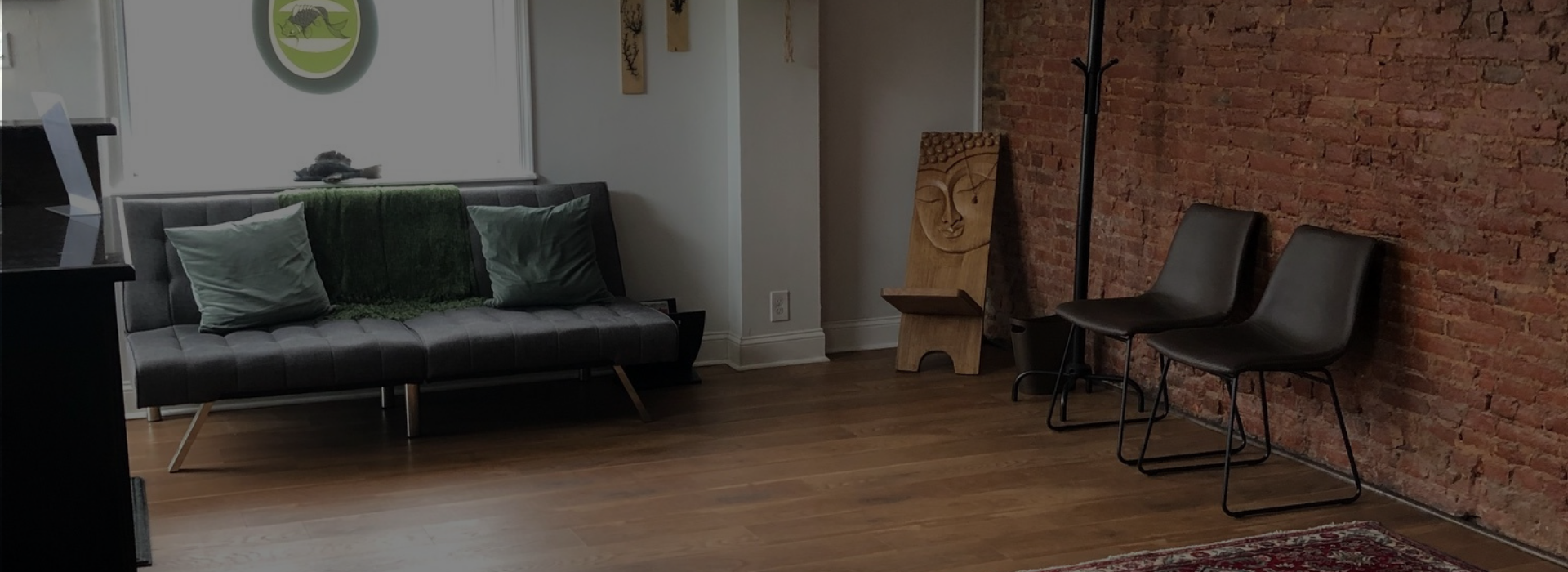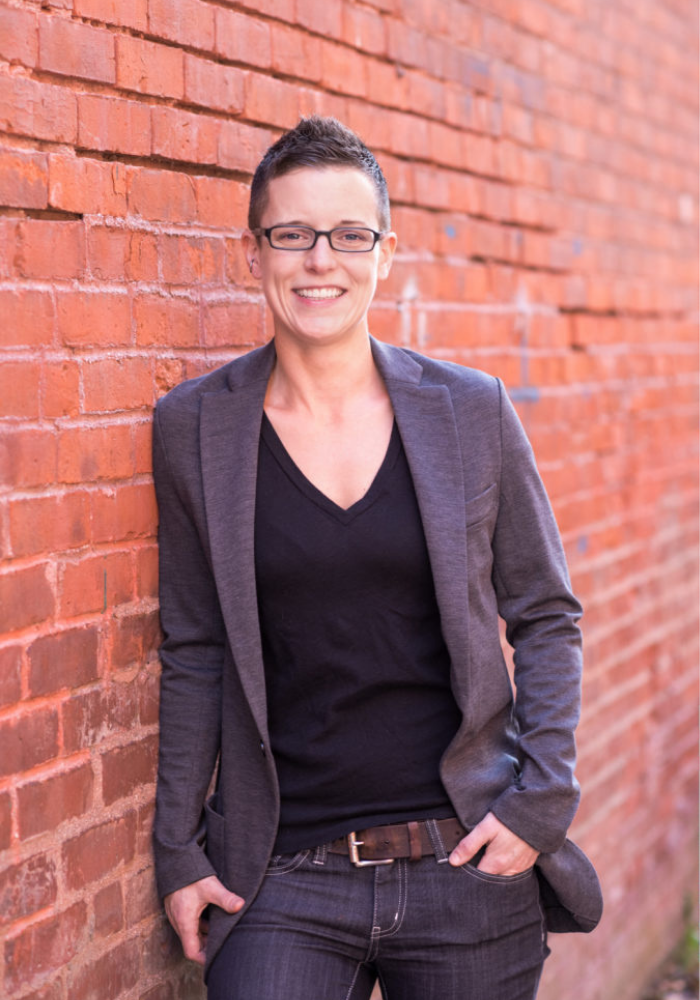

Kat Glick (pronouns they/them) is a Licensed Professional Counselor (PA, NJ, MA), as well as a Certified and Approved Clinical Supervisor (ACS, CCS). They also hold national Certifications as a Master Addiction Counselor, Substance Abuse Professional, Integrative Mental Health Provider, and Sexuality Educator. Their professional background includes 16 years of clinical experience working in mental health, addiction treatment and psychiatric rehabilitation. They opened a private practice in 2013, specializing in the holistic and integrative treatment of clinical mental health and behavioral disorders, as well as health coaching, counseling, and psychotherapy. As the practice has grown, Kat’s specialties have evolved to focus on gender and sexuality-affirming care, as well as affirming approaches to polyamory and nonmonogamy. As a Certified Sexuality Educator (AASECT, 2022), Kat interweaves positive sexuality education and identity exploration in their work with individuals and couples who are exploring nonmonogamy. Kat has taught in undergraduate, graduate, and professional development educational programs since 2010, and writes curricula for various counselor and social worker education programs. Current training offerings (3, 6, 9, 12, & 15-hour options) center on comprehensive and integrative approaches to gender and sexuality-affirming care in both mental health and addiction work, affirmative and anti-oppressive approaches to working with folks exploring nonmonogamy, and integrative approaches to sex education in the therapy room.
I take an integrated and affirmative approach to supervision, incorporating elements of clinician identities and change processes as they show up in the work. I work through the lenses of liberation, empowerment, and queerness to actively assist new clinicians in deconstructing power dynamics and other oppressive forces that show up in the therapy room. My approach is collaborative and direct, providing support and encouragement while holding you accountable in managing workflow, preventing burnout, and developing a deep and undefended sense of self-awareness and professional identity. As an AASECT-certified Sex Educator, I specialize in providing supervision to clinicians who are focusing their professional development and clinical work on gender and sexuality, non-monogamy/polyamory, sex-related concerns, and kink.
As a supervisor, I am intentional in helping you discern your path of continuing education and professional development post-graduate school. We will identify specific areas of foundational training that may have been lacking in your education and fill those gaps so that you feel confident in your clinical skills. We will also assess what areas of specialization you want to focus on, creating a path forward through training and other opportunities for you to maintain a structured plan for self-guided learning. Lastly, if your goal is to open your own practice, I am happy to discuss the ins and outs of this process and assist you in planning for your future.
I am committed to creating mental health and community spaces that prioritize the person, above all else. To this end, it means prioritizing the deconstruction of every oppressive systemic force that leads to ineffective services and quick burnout of staff. This starts with the creation of spaces of employment for mental health professionals of all identities and disciplines to have affirmation of their identities and strong support for their autonomy in how they balance their work. It also means dismantling accessibility barriers for people in the community so that they can benefit from counseling services without having to jump through hoops to gain access to affordable mental healthcare.
As a group practice owner, I use my position and platform to conduct advocacy work, particularly in medical settings when clients report receiving medical care that created harm or even trauma. Additionally, as a queer person, I am committed to consistently working to uplift my community by providing accessible sexuality services and training other therapists in affirmative care. As a Jewish person that has white privilege, I actively engage in intersectional work to support Black, Brown, and Indigenous folx, using my voice as often as possible to address institutionalized and systemic racism and racist practices. My commitment to justice and equity runs deep in many ways, and I find it most effective to center it within health spaces so that those spaces are just a little safer, especially for those individuals who have been historically marginalized & oppressed.